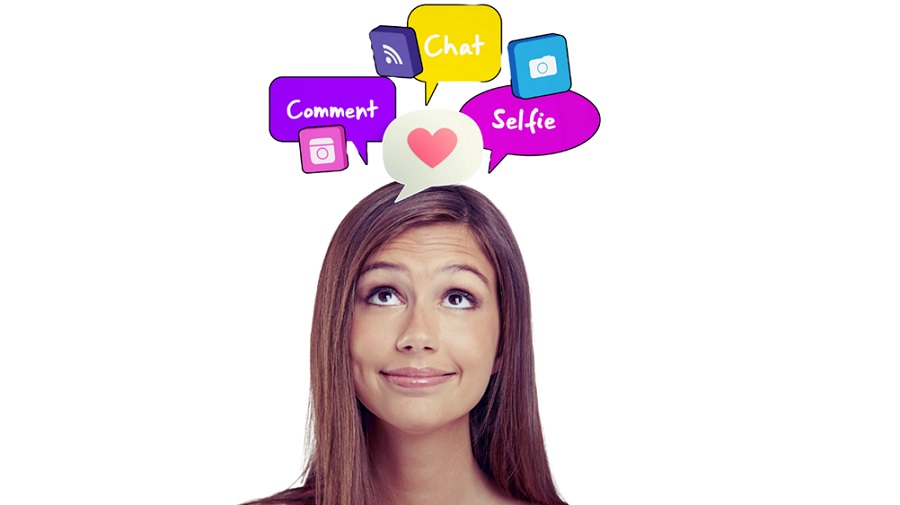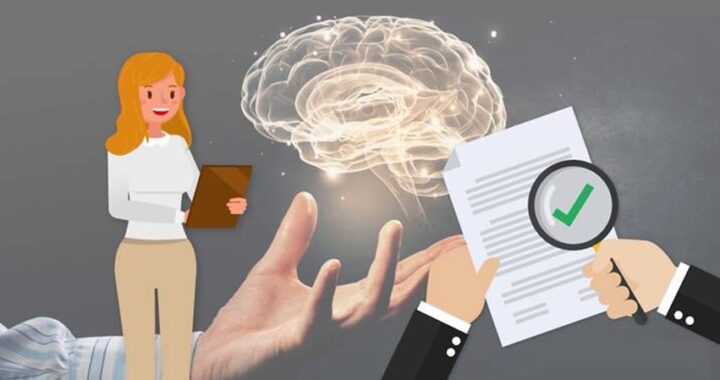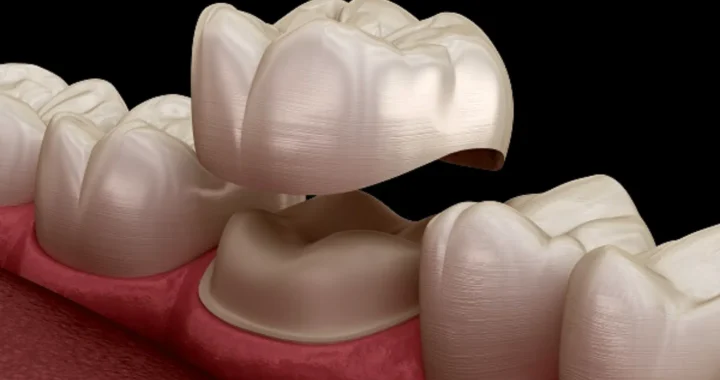Social Media and Mental Health: How it Contributes to Our Well-Being

In today’s world, many of us are reliant on social media for our daily interactions and entertainment. But how much do we really know about the effects of social media on mental health? Studies have shown that the use of social media can have both positive and negative effects on us. In this article, we will explore the link between social media and mental health so that we can better understand its impact on our lives and how we can make the most of it.
The Link Between Social Media and Mental Health
Social media has become an integral part of our lives, so it is only natural to ask whether or not this use has an impact on our mental health. Studies have shown that depending on how it is used, social media can have both positive and negative effects. On the positive side, social media can provide a sense of connection and community to those who may feel isolated or disconnected. It can also help people maintain relationships and create new ones.
On the other hand, social media can also be a source of stress, anxiety, and depression when used in an unhealthy way. For example, people who spend too much time on social media tend to have higher levels of anxiety and depression. This is especially true for those who are vulnerable to mental health issues, such as those with Attention Deficit Hyperactivity Disorder (ADHD).
People with ADHD often have difficulty managing their emotions and may be more likely to compare themselves to others, leading to feelings of inadequacy. In addition, they may be more prone to overusing social media as an escape from their problems. Therefore knowing whether it is anxiety or ADHD can be very helpful in understanding our mental health struggles and how to better manage them.
Tips for Managing Social Media and Mental Health
The key to managing social media and mental health is finding a balance. Here are some tips to help you do this:
- Set time limits for your social media use each day: If you find yourself spending too much time on social media, be sure to set a limit for yourself and stick to it.
- Take breaks from social media: Taking regular breaks from social media is a great way to give your mind a break and reduce stress.
- Be conscious of your content: Pay attention to what type of content you are consuming on social media. If you find it to be negative or overly critical, take a break from it.
- Engage in healthy activities: Try to focus on healthy activities such as exercise, meditation, or spending time with friends and family.
- Seek professional help: If you are struggling with anxiety, depression, or ADHD, it is important to seek professional help.
By taking these steps and being mindful of our mental health, we can make sure that social media is a positive part of our lives. Also, make sure that the healthcare provider for depression in Chicago is not only qualified but reliable. This is because dealing with mental health issues can be difficult, and it is important to have a professional who will provide the best care for you.
Conclusion
Social media can be a great tool when used in moderation and with the right intentions. However, it is important to be aware of its potential negative impacts on our mental health. By being mindful of our use and engaging in healthy activities, we can make sure that social media is a positive part of our lives. This way, we can use it to stay connected and create meaningful relationships while also keeping our mental health in check.


 Veneers: A Popular Cosmetic Solution for a Beautiful Smile in London
Veneers: A Popular Cosmetic Solution for a Beautiful Smile in London  Gifted Educational Programs
Gifted Educational Programs  Dental Crowns –Restoring Strength, Function, And Aesthetics.
Dental Crowns –Restoring Strength, Function, And Aesthetics.  One-Person Wonder: Making Waves in the Massage Industry in Gunma
One-Person Wonder: Making Waves in the Massage Industry in Gunma  How Cataract Surgery in Nashville Improves Vision and Quality of Life
How Cataract Surgery in Nashville Improves Vision and Quality of Life